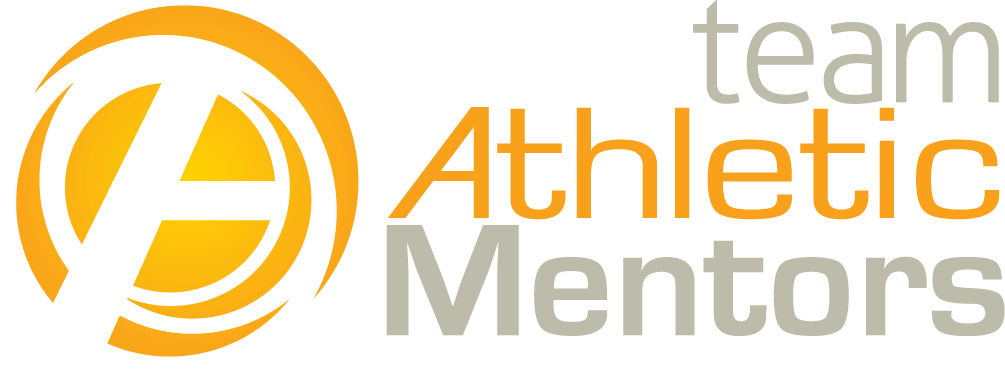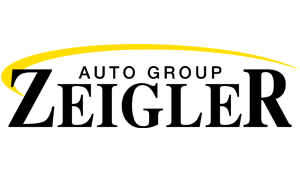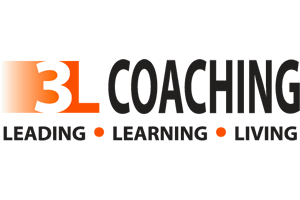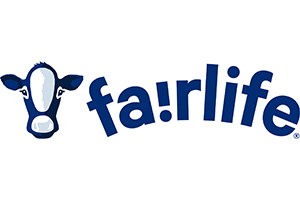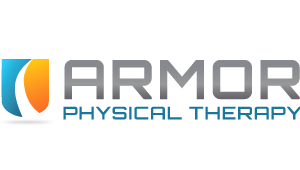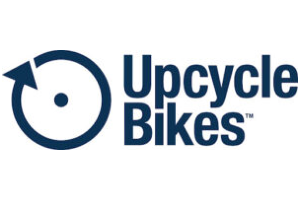The fall is hands down my favorite season. The air and leaves make me nostalgic about high school cross country, collegiate cross country and now mountain bike racing. Recently I have been reminded of last fall, which seems way longer than 12 months ago.
 Last fall was a culmination of many surreal life changes- starting medical school, competing in a virtual cycling competition through Zwift Academy, and continuing my usual fall calendar of mountain bike racing. I was on a mission (or several), I had momentum and life was good. Iceman was the climax of the fall, an awesome day that will likely stand as one of my favorite cycling memories forever.
Last fall was a culmination of many surreal life changes- starting medical school, competing in a virtual cycling competition through Zwift Academy, and continuing my usual fall calendar of mountain bike racing. I was on a mission (or several), I had momentum and life was good. Iceman was the climax of the fall, an awesome day that will likely stand as one of my favorite cycling memories forever.
I absolutely knew that my pursuits through the fall were unsustainable but I felt it was worth it. After Iceman, I continued to fulfill the workouts for the Zwift Academy competition but I knew I had been digging myself a deep fatigue hole that was starting to engulf me. By the end, I was going through the motions and very much looking forward to the off-season. However, the fact that there was a real contract on the line started to become a more concrete reality. I had brought up the potential of winning to the medical school administration but was told to come back when I had more information. Conveniently over Thanksgiving break, I got more information. I was selected as one of the three finalists and had 48 hours to decide if I would accept the offer. The finalists would travel to training camp with the Canyon/SRAM pro road team and anyone that went to camp had to be prepared to accept the one-year contract if offered. The only way any of it was going to be possible was if I took an immediate leave of absence from school or left altogether. And to make it worse, I had no way to talk to the medical school administration about it before having to give an answer.
In the end, it was too big a sacrifice to throw everything else under the bus to pursue the virtual cycling  experiment. And the thought of continuing to train at a high level and immediately launching into another race season in January was essentially inconceivable for me at that point. I also wasn’t ready to hang up my mountain bike in exchange for a road pro peloton. I ultimately made the difficult decision to turn down the offer, as did another of the finalists.
experiment. And the thought of continuing to train at a high level and immediately launching into another race season in January was essentially inconceivable for me at that point. I also wasn’t ready to hang up my mountain bike in exchange for a road pro peloton. I ultimately made the difficult decision to turn down the offer, as did another of the finalists.
I didn’t publicize the conclusion of my Zwift Academy because I didn’t want to try and justify my decision to others. Despite occasional twangs of regret, I overall feel that it was the right call. However, my desperately needed off-season was beset with some poor decision-making. Based on just how fatigued I was after the fall and multiple years of bike racing immediately transitioning to ski racing, I probably needed many weeks of no training to truly recover. At the time, this was incomprehensible and I rested some but not nearly enough. I was excited to get back to running and skiing and I still considered myself invincible. As expected the winter was challenging in multiple ways- school was demanding, the snow was crappy for skiing, and Alex would depart for our usual ski racing adventures alone.
Fast forward several months to the summer when I was supposed to be taking advantage of my last chances to race bikes, I found myself in the deepest depths of overtraining syndrome that I had ever visited. In retrospect, I made several mistakes that should have been obvious but I missed. First, I needed a hard reset of recovery after the fall. A season absolutely should not start with residual fatigue from the previous. Second, I integrated running into my training more than I have in years and underestimated the training stress. Since I started cycling, I quantify training in hours instead of miles and translating this to running can be a slippery slope. Third, I lost weight that I didn’t have to lose. In contrast to most of the population, I tend to lose weight when I’m not careful and especially when stressed. This makes it exceptionally difficult to make progress in training and instead can directly undermine it. Fourth, I was utilizing exercise as a drug. Usually this is a healthy outlet but it started to become my only coping mechanism.
The signs were subtle at first, I wasn’t responding to training and had to take many more recovery days. However, my spring racing went well and I figured there couldn’t be anything wrong if I could still race fast. I apparently had to prove to myself that this was false. It eventually hit the fan and I felt like I broke my sympathetic nervous system. I was incapable of getting my heart rate up and sometimes would just stop and rest. This progression was absolutely consistent with the mysterious “overtraining syndrome.” It is often debated if overtraining syndrome is a real thing because we have no good way to measure it or “gold-standard” test. Criteria and descriptions vary somewhat but it is essentially the result of a dysfunctional response to stressors, both training and non-training related. As good as we are trained as medical students to identify patterns of pathology in others, we tend to be terrible in ourselves.
I again found myself at the bottom of a large fatigue hole realizing there was no quick or easy way out. So I took my summer races off the calendar, slept more and ate more. However, my recovering was punctuated by weekends of long rides up north or adventure rides in Marquette when I would feel better for a few days but then have to start over. It was hard to imagine being legitimately fast again.
I eventually realized I was just going to have to put away the bike for a while. In August, I went on a non-cycling vacation with my mother and then to a medical conference for a total of 3+ weeks off the bike. When I came back was the first time I felt a spark in a long time. As the fall air rolled in, I got the itch to race. I counted up the weeks and Alex and I devised a conservative training plan to put myself back together for my favorite fall races.
So while I may not have the same fitness heading into this fall campaign, I have a much different perspective and sense of gratitude. Days I get to ride and feel good on the bike are now gifts and not expectations. I have a greater respect for managing fatigue and the importance of recovery as well as accounting for non-training stressors. I have no doubt that cycling has taught me many things that will make me a better physician, many of them learned this year.
Just after Iceman this year I start my clinical rotations and cycling will take a backseat for a while. This summer has admittedly made this transition a bit easier as this season now feels like a bonus. So here’s to another few weeks of fall racing, riding and memories for future nostalgia before the next chapter begins.
